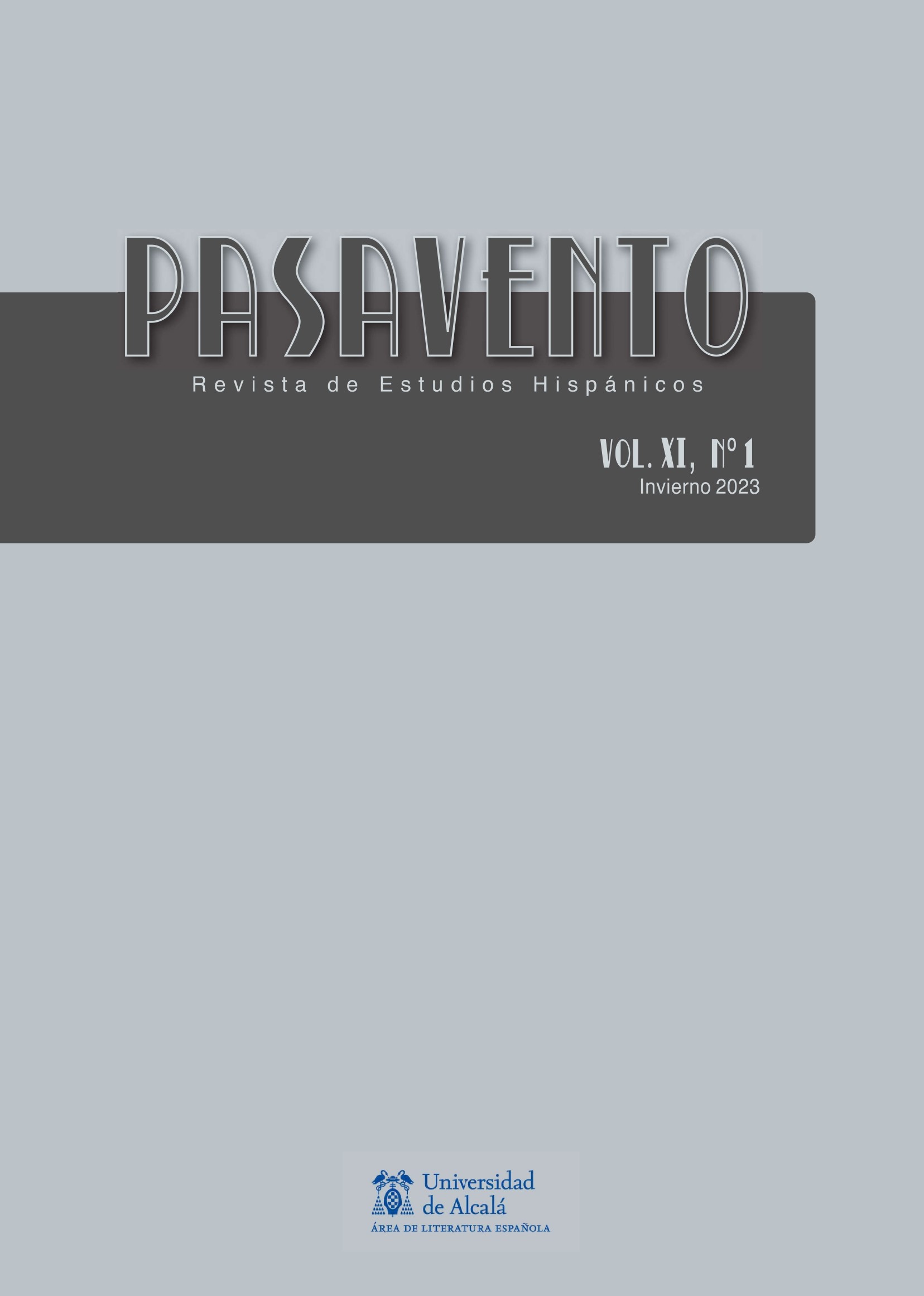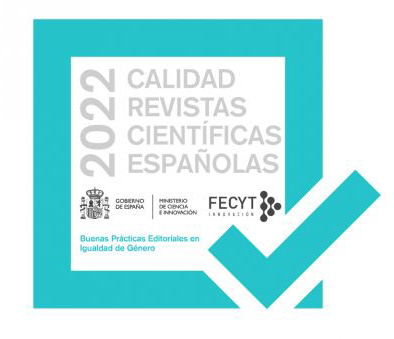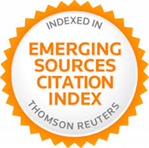Estado de exilio (2003) de Cristina Peri Rossi: publication, versions and ways to poetize the experience of exile
DOI:
https://doi.org/10.37536/preh.2023.11.1.2026Keywords:
Cristina Peri Rossi, Uruguayan Poetry, Exile, Dictatorship, Genetic CriticismAbstract
In 2003, Cristina Peri Rossi won the Rafael Alberti Poetry Prize with Estado de exilio. In these pages we will try to investigate this extemporaneous book –in terms of its publication, but not in terms of its writing– from various perspectives. Firstly, we focus on why it is extemporaneous, and we relate it to other collections of poems by exiled Latin American authors that deal with the same theme and whose publication coincides temporarily with the writing of the Uruguayan book. Next, we analyze the various versions that we know of the book and the consequences that derive from it: the publication of some poems in the newspaper Triunfo (1978), those included in the anthology Las voces distantes (1985), the first publication of the book, in the editorial Visor (2003), and the edition in Poesía reunida (2005). Finally, we will delve into the way in which the Uruguayan author recreates the anguish of exile through verse, what are the most recurrent themes and how they are developed by Cristina Peri Rossi to finally address one of the issues in which critics has abounded when referring to this collection of poems, and announces its title, the state of exile
References
Aventín Fontana, Alejandra (2011). “Algunas notas para el estudio del exilio en la obra poética de Cristina Peri Rossi”, Revista de Filología Románica, VII: 45-54. <https://revistas.ucm.es/index.php/RFRM/article/view/38685/37406> (21 de junio de 2022).
Benedetti, Mario (1998 [1980]). Geografías en Inventario uno. Poesía completa (1950-1985). Madrid: Visor.
Benedetti, Mario (1994). Articulario. Desexilio y perplejidades. Madrid: Aguilar.
Berguero, Adriana J. (1993). “‘Yo me percibo como una escritora de la Modernidad’: Una entrevista a Cristina Peri Rossi”, Mester, XXII.1: 67-87.
Calvo, Beatriz (2009). “Identidad y exilio en el poemario Estado de exilio de Cristina Peri Rossi”, Romanitas, Lenguas y Literaturas Romances, 3: 2. <http://romanitas.uprrp.edu/vol_3_num_2/calvo.html> (30 de mayo de 2022).
Cortázar, Julio (1984). Argentina: años de alambradas culturales. Buenos Aires: Muchnik Editores.
Dejbord, Tamara Parizad (1998). Cristina Peri Rossi: escritora de exilio. Buenos Aires: Galerna.
Girona Fibla, Nuria y Eleonora Cróquer Pedrón (1999). “Mario Benedetti: olvidar (en) el exilio”, in Mario Benedetti. Inventario cómplice, coord. Carmen Alemany Bay, Remedios Mataix Azuar y José Carlos Rovira. Alicante: Universidad de Alicante, 357-369. <https://www.cervantesvirtual.com/obra-visor/mario-benedetti-inventario-complice--0/html/ff1470c0-82b1-11df-acc7-002185ce6064_105.htm> (20 de junio de 2022).
Martín Francisco, María del Cristo (2016). El discurso del poder en la obra poética de Cristina Peri Rossi. Tesis doctoral inédita. Universidad de La Laguna. <https://riull.ull.es/xmlui/bitstream/handle/915/3733/El+discurso+del+poder+en+la+obra+poetica+de+Cristina+Peri+Rossi.pdf?sequence=1> (24 de agosto de 2022).
Mattelart, Michèle (1977). La cultura de la opresión femenina. México: Era.
Negroni, María y Silvia Bonzini (2003). La maldad de escribir. 9 poetas latinoamericanas del siglo XX. Tarragona: Igitur.
Nowendsztern, Sofía (2020). “El exilio es un río ciego. Estudio sobre Estado de exilio de Cristina Peri Rossi”, Vallejo & Co., 7 de julio. <https://www.vallejoandcompany.com/el-exilio-es-un-rio-ciego-estudio-sobre-estado-de-exilio-de-cristina-peri-rossi/> (12 de junio de 2022).
Pérez, Claudia (2014). “Allá, en Barcelona. Entrevista a Cristina Peri Rossi”, Revista arbitrada de la Asociación de Profesores de Literatura del Uruguay, 8: 13-19.
Pérez Fondevila, Aina (2005). “Del deseo y sus accesos: una entrevista a Cristina Peri Rossi”, Lectora, 11: 181-193.
Peri Rossi, Cristina (1978). “Estado de exilio”, Triunfo, 784: 24-26.
Peri Rossi, Cristina (2005). Poesía reunida. Barcelona: Lumen.
Peri Rossi, Cristina (2022). Poesía completa. Madrid: Visor.
Popea, Marina (2015). “Exilio, sujeto lírico y lenguaje en la poesía de Cristina Peri Rossi”, Meridional Revista Chilena de Estudios Latinoamericanos, 5: 179-206. <https://meridional.uchile.cl/index.php/MRD/article/view/37448> (21 de junio de 2022).
Rodríguez Gutiérrez, Milena (2009). “Poetas transatlánticas: hispanoamericanas en la España de hoy. Cristina Peri Rossi, Ana Becciu, Isel Rivero”, Anales de Literatura Hispanoamericana, 38: 111-133.
Roffé, Reina (2001). Conversaciones americanas: entrevistas con J. L. Borges, M. Mujica Laínez, A. Bioy Casares, M. Benedetti, G. Gambado, M. Puig, E. Poniatowska, A. Bryce Echenique, R. Piglia, C. Peri Rossi, M. Gardinelli y A. Mastretta. Madrid: Páginas de Espuma.
Valera; Antonia (2018). “El exilio en la poesía de Cristina Peri Rossi desde un enfoque de género”, El genio maligno, 22: 42-48. <https://elgeniomaligno.eu/el-exilio-en-la-poesia-de-cristina-peri-rossi-desde-un-enfoque-de-genero/> (21 de mayo de 2022).
VV.AA. (1985). Las voces distantes. Muestra de los creadores uruguayos de la diáspora. Montevideo: Monte Sexto.
Downloads
Published
How to Cite
Issue
Section
License
Copyright (c) 2023 Carmen Alemany Bay

This work is licensed under a Creative Commons Attribution 4.0 International License.








